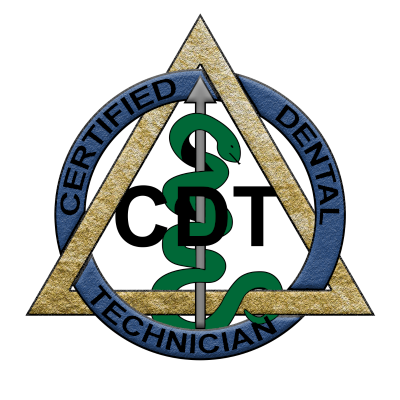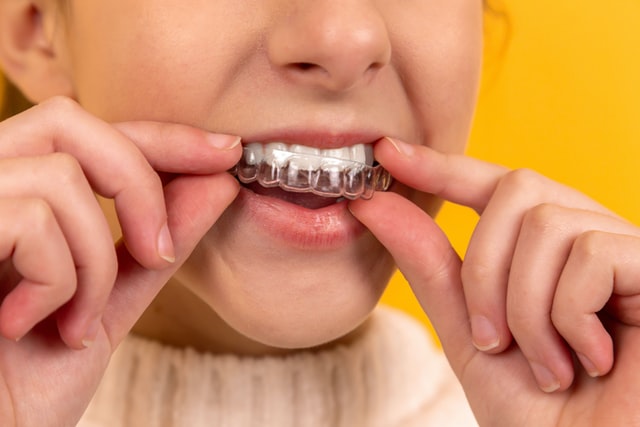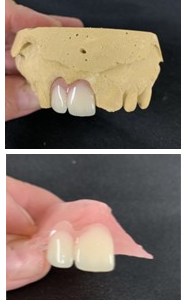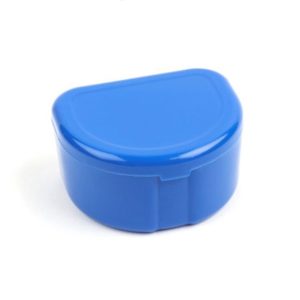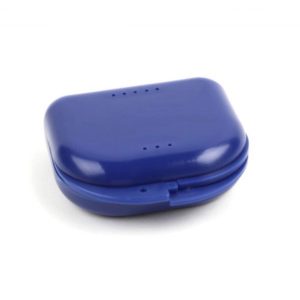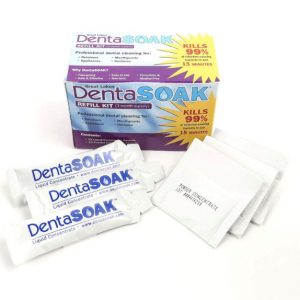People who participate in high-risk, group, or contact sports such as hockey and football, boxing, skating, karate, gymnastics, or any other sport that might cause mouth damage should always wear mouth protection. However, mouthguards are not often the first item of equipment packed in the gym bag for many of these athletes. The main reason is that they are not required to wear them in all sports. So If you’re wondering why athletes in non-contact sports should use mouthguards, too, we have the answer. These guards protect the mouth against lots of types of injuries. In reality, a mouthguard may prevent everything from broken teeth and cut lips to jaw fractures and tooth loss. But let us go through how mouthguards are essential in any sport in a little more detail.
What are mouthguards?
A mouthguard is a device that covers, protects, and limits damage to the gums and teeth. It also protects the tongue, cheeks, arches, and lips. In other words, great mouthguards are like armored vests for your teeth and jaws. So it’s essential to wear them when practicing contact sports and not just. Mouthguards are made from different materials and can be customized or store-bought. They are also used to treat bruxism and in tooth whitening treatments.
Mouthguards protect your teeth from damage.
You can easily prevent tooth injuries by using a mouthguard. And you should use one even if you participate in a non-contact sport. Lots of lighter sports can involve impacts on other people, poles, or the ground. This form of contact can cause facial injuries, particularly to the mouth. Furthermore, if you wear braces, you risk injuring yourself even more. A strike to the face while having braces is dangerous and very painful. For you as well as for players that you might bump into you. Moreover, the blow might damage your braces which will need expensive repairs. So, wear mouthguards in any sport if you wish to keep your teeth or braces in order.
Only by doing so will you avoid having chipped, broken, fractured, or lost teeth.
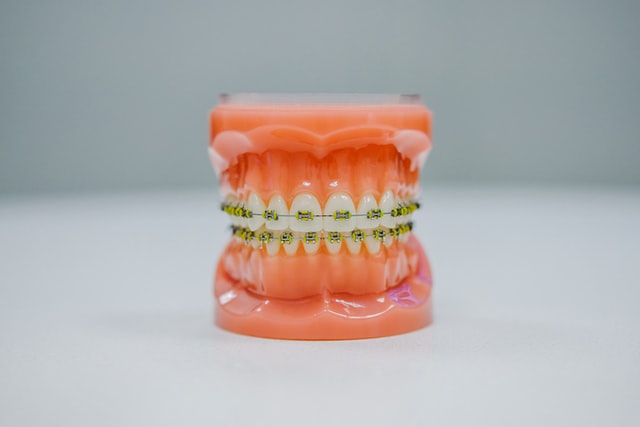
Mouthguards should be used by all players in non-contact sports, especially if they have braces. Mouth injuries are much more painful without using them.
Mouthguards protect your mouth from injuries.
Besides protecting your teeth, mouthguards also protect your mouth from injury. Each year, hundreds of thousands of mouth injuries are prevented just by wearing a mouthguard. However, those that don’t wear a mouthguard can suffer severe mouth injuries that are very painful and require long-term treatments. For instance, athletes can suffer from bleeding gums, torn tongues or lips, and even jaw fractures. Unfortunately, even in non-contact sports, these injuries can occur. For instance, basketball has a higher injury rate than American football. And even if the statistics prove that basketball players can suffer injuries, they still refuse to wear mouthguards. Basketball players claim that it’s minor tooth injuries and that they can’t wear mouthguards because they can’t communicate on the court.
However, we never recommend practicing any sport without mouthguards. So even if you are playing basketball for its health benefits and to help you get in shape, don’t forget your mouthguard. It would be a pity to put so much effort into becoming healthy and strong just to end up with mouth injuries.
Mouthguards can help muscles relax.
Some of the most used muscles in the body include those in the face, mouth, and neck. Most people suffer from tension, nerve pinching, and even a buildup of toxins in these regions. That is due to constant use and a high tendency for stress to affect these muscles. However, with proper treatment, all these problems are easily corrected. You just need to release the tension and align the jaws. Yet, it is sometimes easier to say than to accomplish. Therefore, if you want to relax the muscles in your neck and face, the effective way is to use a mouthguard. That will help you treat any misalignment in the head area and prevent problems in other regions. For instance, hip and shoulder misalignments result from neuromuscular problems in the jaw and neck. And this is just enough of a reason why athletes in non-contact sports should use mouthguards too.
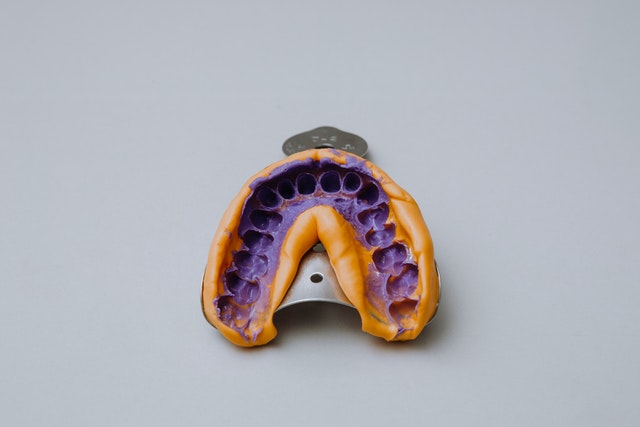
Customized mouthguards are easy to make and last longer. And most of all, they offer much better protection.
Mouthguards can improve your performance.
There is a link between oral devices and our brain’s feedback process, which helps us perform better. That process makes our brains release stress hormones, boost blood flow, and enhance oxygen delivery to our tissues. And all of this is possible just by biting into a mouthguard. Furthermore, recent research revealed that football players who used mouthguards had greater arm strength. In addition, if they were using custom mouthguards, players had changes in bite patterns that resulted in better mandibular positioning. As a result, they have more upper-body strength, concentration, endurance, stress response, and recovery. Also, athletes felt more confident as well and were able to be more competitive.
Mouthguards are a cheap prevention method.
In the end, mouthguards are a safeguard for your wallet. Wearing mouthguards can help you avoid costly repairs to your mouth, particularly to your teeth. And let’s be honest here, dentists are far from being cheap. For example, a damaged, chipped, or missing tooth might cost between $200 and $3.000. At the same time, a mouthguard can cost up to $500, but if properly cared for, it can last for several years, especially if it is custom-made. Over-the-counter mouthguards, on the other hand, are cheaper, but they are not as durable. So, you will probably need to replace them every couple of months. When it comes to children’s mouthguards, they may need to be replaced every month in some cases.

If you want to keep your beautiful smile as long as possible, you should use mouthguards while practicing non-contact sports.
Final notes
Highly physical sports imply a higher risk of injury. At the same time, those who practice non-contact sports are not exempt from injuries. Even if the sports aren’t as rough, unfortunate accidents can always happen. However, don’t let that discourage you. You can still practice sports or exercise and live a long, happy, and healthy life. You just need to understand that if you wear protection, you will be much safer. So parents, teachers, trainers, and coaches should encourage athletes in non-contact sports to use mouthguards too. After all, damaged teeth do not regrow, and a simple mouthguard can safeguard your beautiful smile.
Custom mouthguards and nightguards for Northern Kentucky and the entire Tri-state.
Designs in Ortho offers a custom bite guard solution from a professional licensed dental lab with over 40 years of experience.
